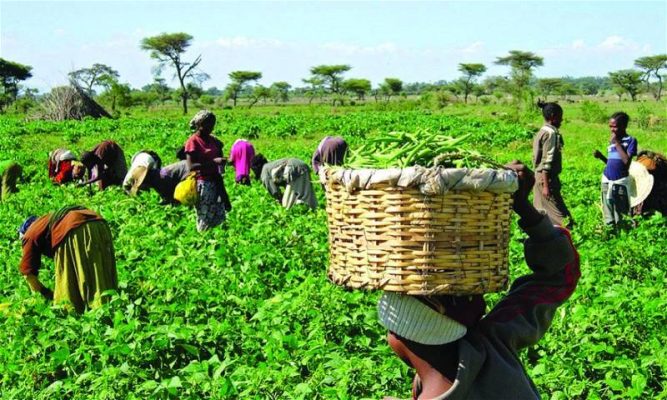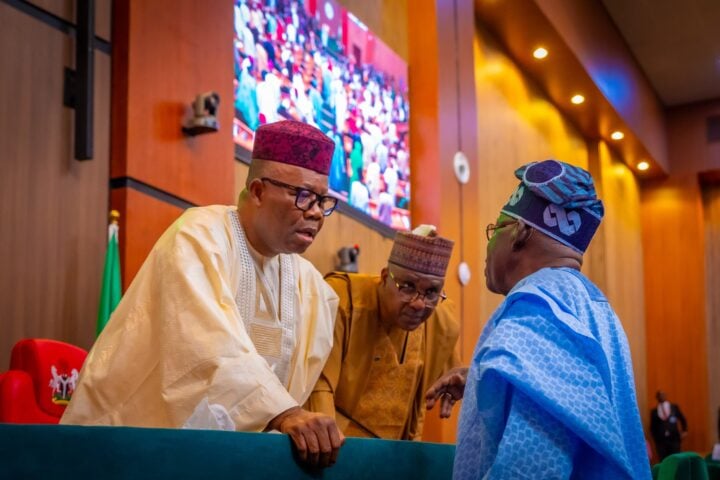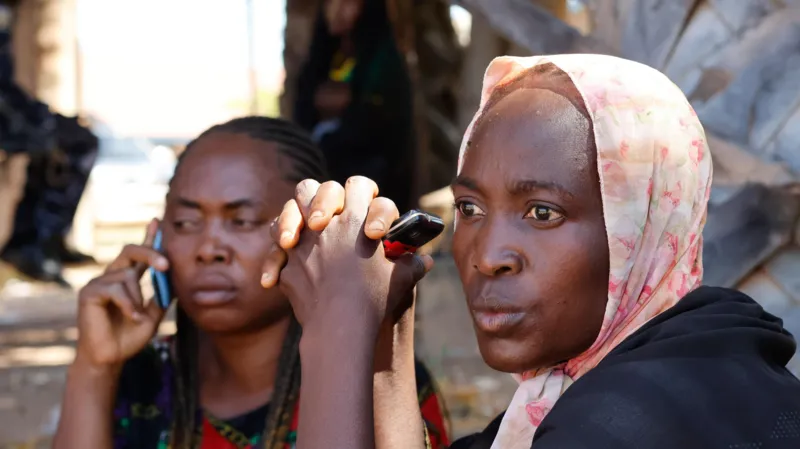The Federal Government of Nigeria, in collaboration with the Food and Agriculture Organization (FAO) under its Hand-in-Hand Initiative, has unveiled a $3.14 billion agricultural investment portfolio. The initiative is aimed at transforming key value chains, improving food security, reducing poverty, and moving Nigeria closer to achieving food sovereignty.

What the Investment Plan Includes
According to the Minister of Agriculture and Food Security, Senator Abubakar Kyari, the investment portfolio will be jointly funded by both public and private sources. Approximately $1.75 billion will come from the government, while $1.39 billion is expected from private sector partners. The funding will be used to strengthen five major agricultural value chains: tomato, cassava, maize, dairy, and fisheries.
The plan includes a large-scale maize production project targeting 1 million hectares in states such as Katsina, Kaduna, and Oyo. Cassava development will span hundreds of thousands of hectares in the South-West and South-East, with new processing units to be built. Tomato farming will be expanded in states like Kano, Bauchi, and Borno, covering tens of thousands of hectares. These projects are designed not only to boost yields but also to create agro-processing industries around these commodities.
Expected Impacts
The goals of this investment plan go far beyond increasing food output. A major objective is to achieve food sovereignty by significantly reducing Nigeria’s dependency on food imports and strengthening local production. Millions of Nigerians, particularly in rural communities, are expected to benefit from employment, training, and market access.
The economic benefits are also promising. The average internal rate of return (IRR) is projected to exceed 14%, while per capita income in participating regions could increase by up to $657. In addition, the programme is designed to deliver environmental benefits, with over 1.2 million tonnes of carbon expected to be sequestered, helping the country meet climate resilience targets.
Policy & Institutional Supports
To ensure the success of the programme, several policy and institutional frameworks are being put in place. These include strengthened partnerships between the Ministries of Economy, Planning, and Agriculture, as well as close coordination with FAO to align projects with national development goals.
There is also a focus on improving mechanisation, reducing post-harvest losses, and increasing farmers’ access to inputs and credit. Smallholder farmers, women, and youth are key target groups for support, with a market-driven approach preferred over direct subsidies or handouts.
Challenges & Considerations
Despite its ambitious outlook, the programme faces several challenges. Security issues in certain regions could limit access to farmland and threaten the safety of farmers. Infrastructure gaps in storage, transportation, irrigation, and power supply may reduce the efficiency and profitability of agricultural investments.
Climate risks such as floods, droughts, and changing weather patterns could also impact expected yields, making the adoption of climate-smart practices essential. Ensuring financial sustainability and attracting committed private sector partners will be crucial, as will ensuring transparency in how public funds are managed.
Inclusion is another critical factor. Special efforts will be needed to ensure small-scale farmers, women, and marginalized groups are fully involved and benefit from the investments.
Why It Matters
This $3.14 billion investment represents a major step toward food sovereignty in Nigeria. In a country that continues to battle food inflation, rising import bills, and unemployment, revitalising the agricultural sector through strategic investments can have lasting economic, social, and environmental impacts.
If successfully implemented, the initiative could also support Nigeria’s alignment with global development goals such as the Sustainable Development Goals (SDGs), enhance regional food trade, and position the country as a leader in agricultural transformation across Africa.

















